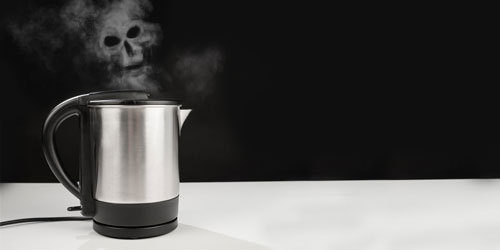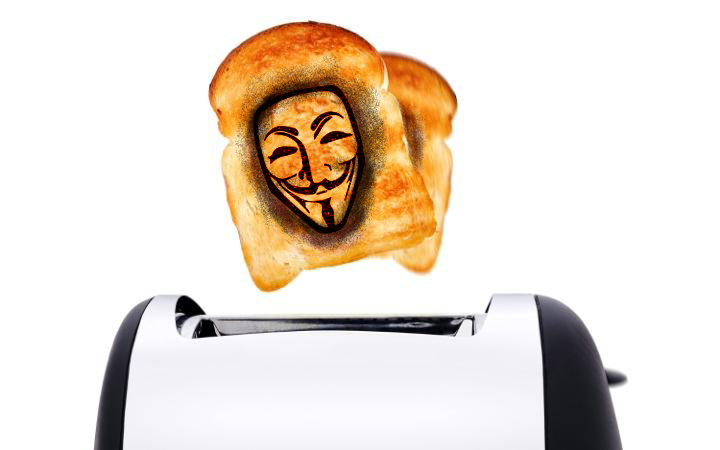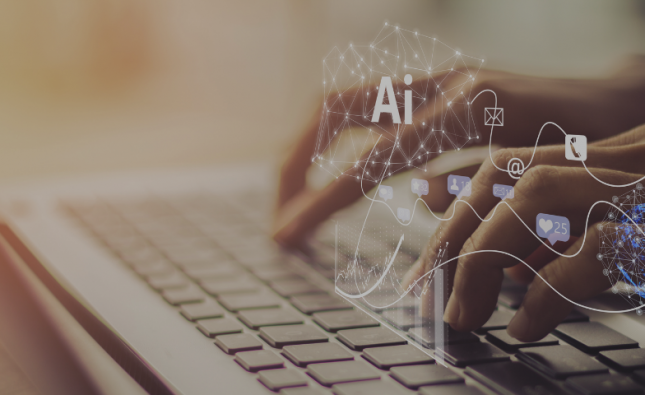
Is your kettle spying on you?
Research from the Association of Public Registered Information Lawyers has shown that 70% of all cyber security failings happen because of unsecured kitchen appliances in the workplace.
Even though VinciWorks has helped to change the landscape of compliance training for human staff with Cyber Security: Practical Applications, the era of the Internet of Things (IoT) and smart products has led to a new frontier in the cyber wars: the office kitchen.
Cyber Security for Kitchen Appliances is the brand new course from VinciWorks to keep your office, your data and your tea break safe and secure.
Hackers hiding in the breakroom
When you get up to make a cup of tea, it’s good practice to clear any sensitive documents off your desk and put your computer into password-protected mode. But have you ever considered the cyber security risks that come from simply boiling the kettle?
“Cyber security threats can come from the most unlikely of places. Businesses are losing billions from unsecured data and the break room is a prime target for data theft.”
Howard Finger, VinciWorks CEO, speaking over a cup of highly secured tea
Protecting your appliances from hackers
Cyber Security for Kitchen Appliances connects to courses across the VinciWorks training suite. It’s fully SCORM compliant and can either be used on VinciWorks’ LMS or uploaded to your own LMS.
We’ve even added modules to our Data Protection: Privacy at Work course that specifically train refrigerators and kettles on how to spot and stop potential security breaches.
Red flags for hacked appliances
If any of these sound familiar you may have a problem.
- Food goes inexplicably missing
- Beverages that were hot go cold after the first sip
- Microwaves don’t properly heat the centre of the food
- Office cake mysteriously disappears from inside the fridge
- Milk that was fine yesterday is suddenly off
Can a toaster steal your fingerprints?

Data hackers and cyber criminals have been known to exploit weaknesses in appliance security systems to steal information. Workers who do not wipe their fingerprints from the milk have had their info copied by hackers. Workers who drop crumbs on their keyboard have had their passwords stolen by a keystroke virus.
“Hacked toasters brought chaos to our firm”
A FTSE 100 firm took a multi-million pound hit after hackers infected office toasters with ransomware.
Avril Premiere, the company’s PR spokesperson, said in a recent interview to the Today programme on Radio 4:
“We were shocked how easy it was to take over the toaster. Every piece of bread or crumpet that was put inside had someone’s fingerprints on it. The hackers ended up with the prints of practically everyone in the office. Fortunately we’ve moved to a more secure ‘big-toe scanner’, but changing our systems cost a fortune.”
Track kitchen incidents and manage risk
“The first step to fixing the problem is to understand it” Adam Sinclair, VinciWorks’ Director of Product said while gazing into the salad spinner retina scanner.
“The Breaches Register records whatever incident occurred, whether that’s an unwashed cup or a full-blown toastie-maker takeover. This connects to the Risk Management System to implement control procedures, with the Policy Tracker, tracking compliance across the business. Plus, with our human nagware system released last year, we can ensure high rates of completion and stop the next Trojan take-out attack before it happens.”
Personal risk assessment
Take our risk assessment to assess whether your appliances are at risk of being hacked. This assessment is a short snippet from the new VinciWorks course Cyber Security for Kitchen Appliances which will be released next week.


